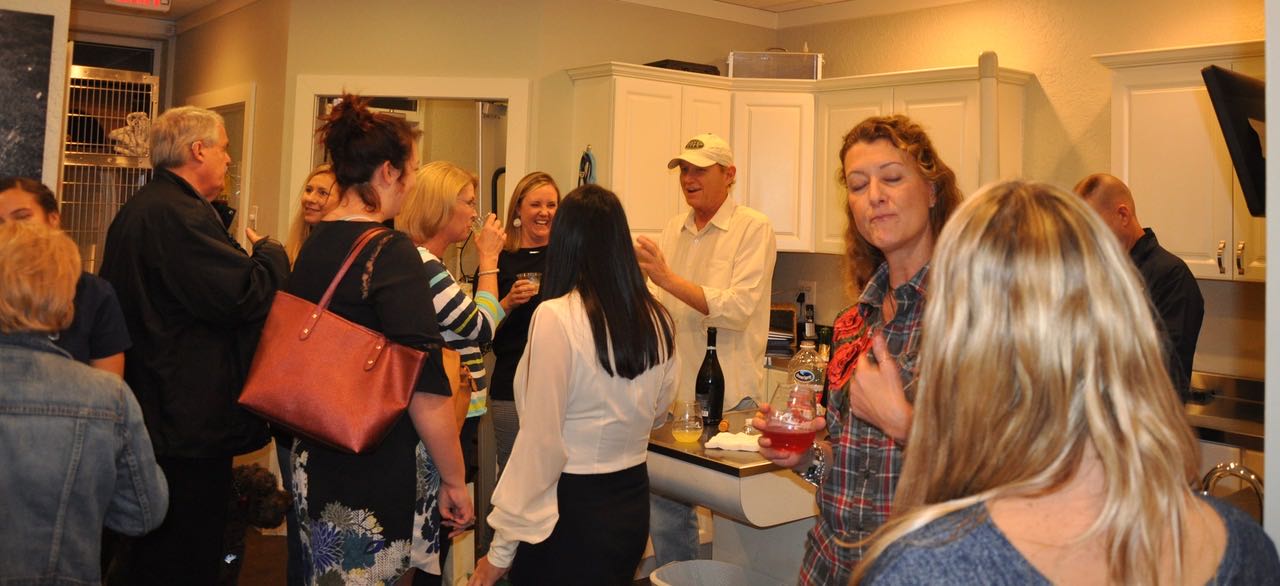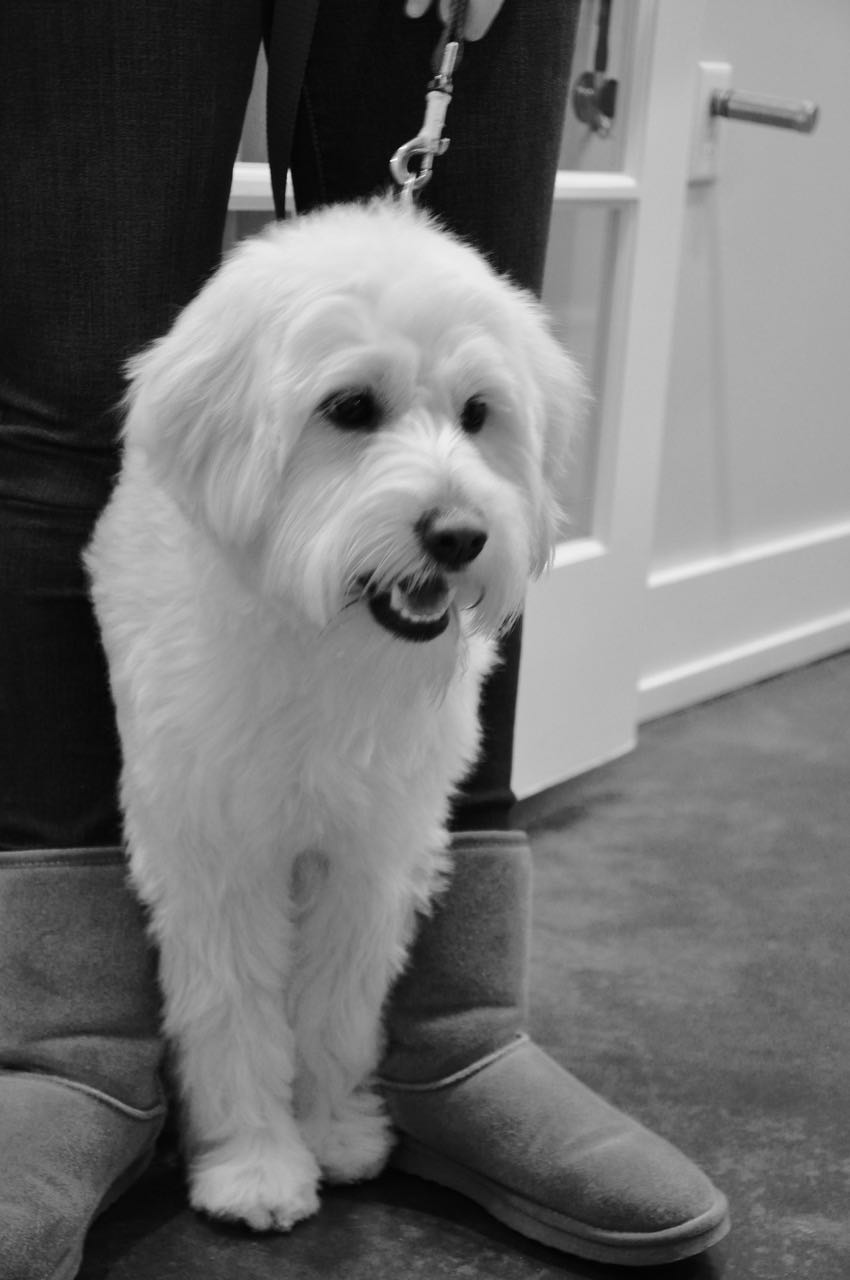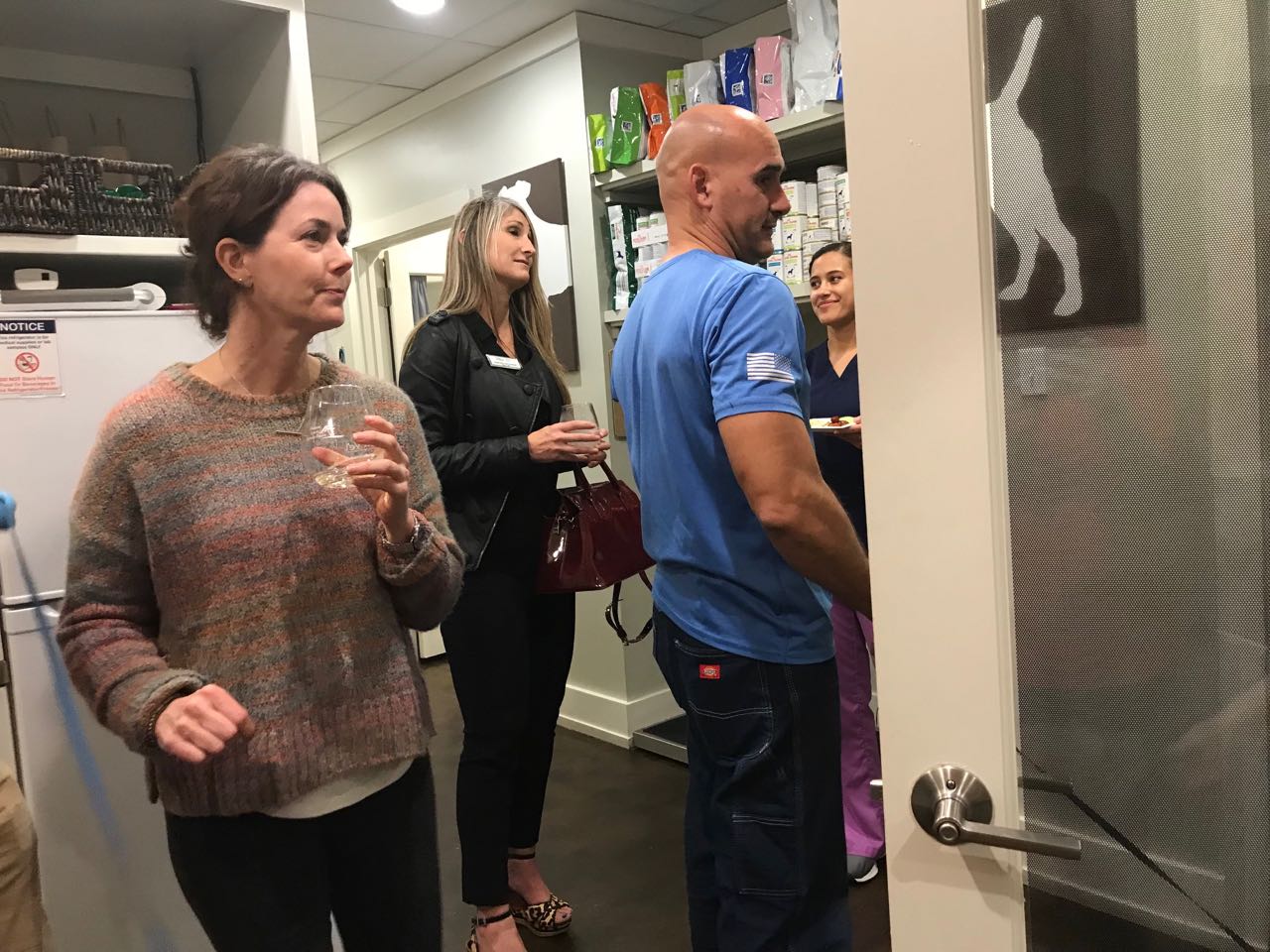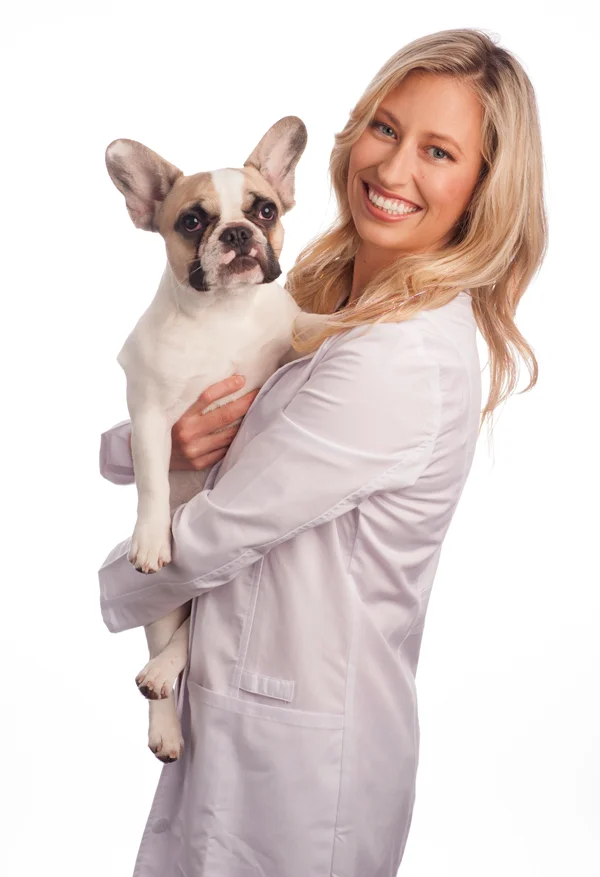Vaccinations are getting a bad rap these days, and some people are avoiding them like the plague. As your veterinarian, it's my responsibility to recommend the best plan for your pet, balancing risk of disease with possible risks from vaccinations, and taking into account some unintended consequences as well.
Although each pet I see will get a specific recommendation, please read this brief explanation of where I currently stand on vaccinations. Also, please be aware that this is a rapidly-changing subject, and I reserve the right to change my medical opinion about vaccinations at any moment. This is how "practicing medicine" works, and I may change my recommendations due to experiences on my part, resurgence of a disease, or new informational studies. What I DO NOT use to formulate my opinion is hearsay, wive's tales, and ideas not backed by science or my own personal experience.
1. In my opinion, vaccinations are basically safe. Of the thousands of pets I've vaccinated over my career, the vast majority respond well to vaccinations, never come down with the disease they've been vaccinated for, and live to a ripe old age. Exceptions: The rare allergic reaction (ranging from mild and annoying to the rare severe and possibly life-threatening), severe fever and debilitation in elderly pets, possible vaccine-induced cancer in cats (1 in 30,000 chance), and, Immune Mediated Thrombocytopenia (unconfirmed relationship).
2. Puppy and kitten vaccinations are EXTREMELY important. The vaccination schedule should begin at 7-8 weeks, and be repeated every 3 weeks until 12 - 16 weeks old (breed dependent and depending on the age of the pet when starting the series). There are all kinds of medical reasons for this obnoxious schedule, but we are at the mercy of biology on this one. Please be sure to stick to it, I've seen so many pets die because they didn't start on time or didn't finish the drill. It's heartbreaking and so very avoidable.
3. Rabies vaccine is required by law and, in my opinion, is the least problematic of the vaccines. In my practice I've seen precious few vaccine reactions to rabies. Rabies is available in a 3-year formulation, although it must be given the first time as a 1-year vaccine, then when boosted one year later, it is a 3-year vaccine. Rabies is nearly 100% fatal to both pets AND people, and there are LOTS of wildlife and pet cases reported in Georgia and Florida every year. In order to protect your family, you should ALWAYS keep the rabies vaccine up to date.
4. There are lots of vaccines on the market, but generally the "old basics" are what I recommend:
CATS: FVRCP, FELV, and RABIES
DOGS: DHLPPC, KCV, and RABIES
Other vaccinations to be considered on an individual basis: FIV, GIARDIA, LYMES, CANINE FLU
5. Finally, I truly believe we are giving our pets more vaccines than they really need, but I'm not sure our overvaccination is causing any real health problems in our pets, EXCEPT THIS UNINTENDED CONSEQUENCE: SKIMPING ON IMPORTANT BLOODWORK, DENTISTRY OR HEARTWORM PREVENTIVE BECAUSE THE CLIENT HAS ALREADY MAXED OUT THEIR CREDIT CARD PAYING FOR VACCINATIONS.
People are so "vaccine oriented" that they tend to want to get their pet vaccinated first, and end up putting off services and labwork which are far more important (i.e. bloodwork, six month checkups,dentistry, etc.). I truly believe every vaccine that you give your pet every year should be evaluated together with your veterinarian each and every time. You and your vet should review your pet's vaccination history and create a plan TOGETHER for your pet based on exposure, the surrounding environment, requirements for boarding and grooming, and current disease epidemics.
The American Animal Hospital Association has an current and in-depth review of vaccinations if you would like to learn more: Click here for the link.






























